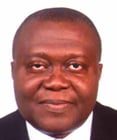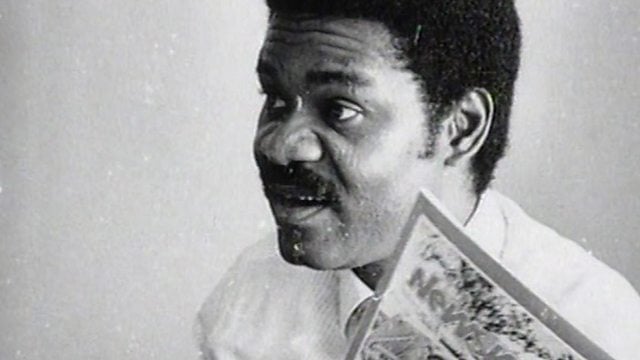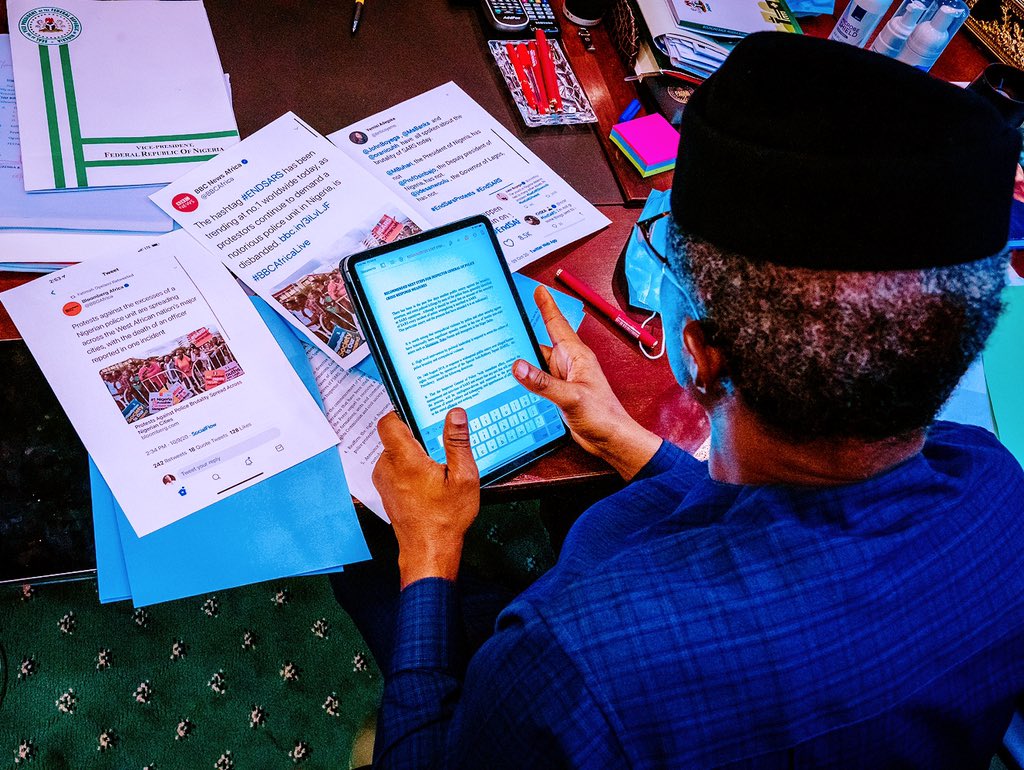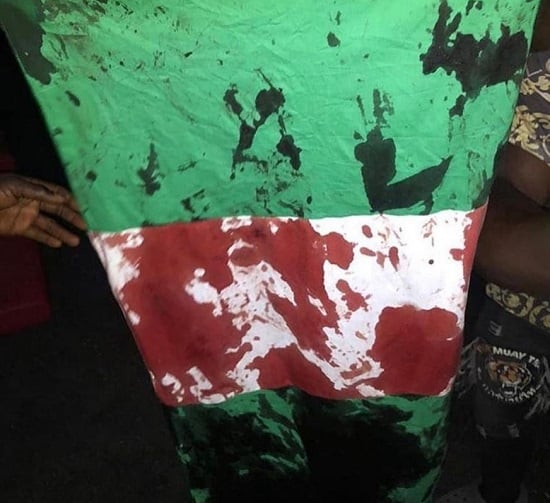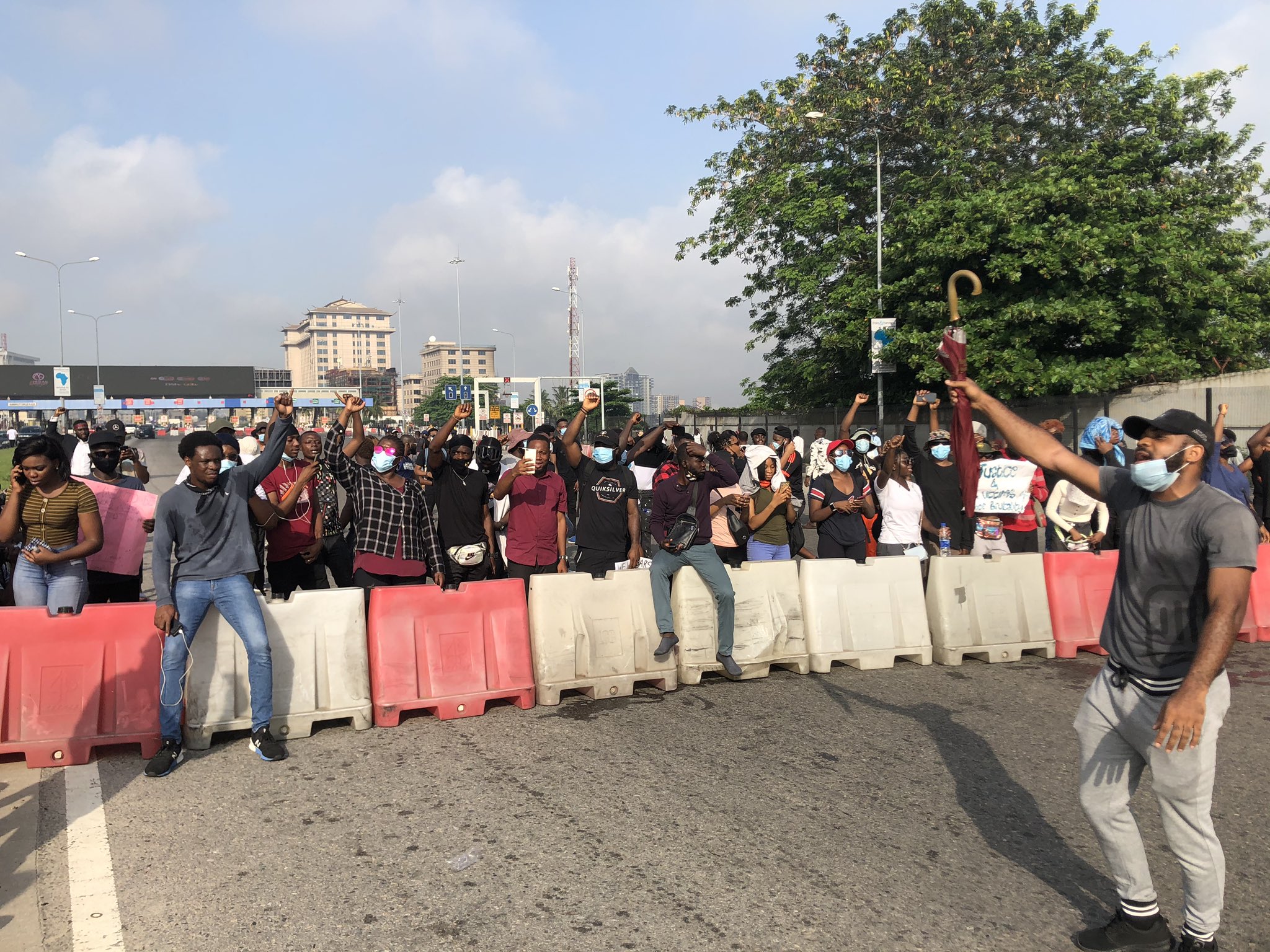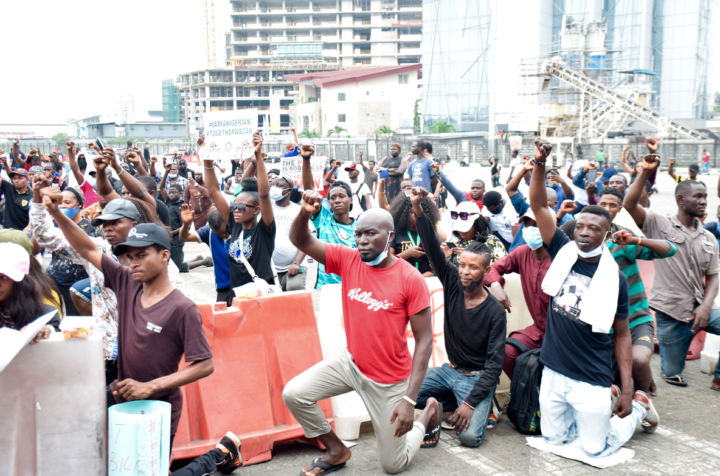Dele Giwa
Thirty four years ago on October 19, 1986, the life of Dele Giwa, a brilliant, courageous and innovative journalist, editor and publisher was brutally cut down in his prime. He died from a letter bomb blast, a novel kind of assassination. Dele was only 39 years old and he was too young to die. Death was definitely not part of Dele’s plans. He had a bright future ahead of him. Dele’s mother, Madam Elekia Aishat Giwa, was shocked, devastated and heartbroken over the news of her son’s death.
When Dele opened the letter that was delivered to him on that Sunday morning, it exploded with a big bang, shaking the building to its foundation but Kayode Soyinka, the London correspondent of Newswatch at the time who was with Dele in his study, managed to survive the explosion. Since then, nothing, in the truest sense of the word, has changed in Nigeria and it may explain why his killers have not found.
Dele’s style of writing and his kind of journalism obviously annoyed the military authorities and offended politicians who were opposed to investigative journalism of any hue. It is a risk journalists all over the world live with every day. Dele abhorred a situation where truth would become a victim or a pawn on the chess board of political expediency; he knew he was playing a dangerous game with his “American brand” of journalism but his courage and conviction were the ammunitions he used to fight back.
After a sojourn in the United States, Dele retuned to Nigeria at the prompting of Dr Patrick Dele Cole (he was 80 years old on August 4, 2020), the managing director of Daily Times back in the day, in much the same way he convinced late Dr Stanley Macebuh to quit his teaching job in New York to return to Nigeria and work in Daily Times. Dele studied English at Brooklyn College in New York. When he graduated in 1977, he proceeded to Fordham University, a private research university in New York, for his graduate studies.
Advertisement
Dele caught the bug of transformational leadership under Dele Cole in Daily Times and he thereafter shone like a million stars in Sunday Concord before founding Newswatch with his colleagues: Ray Ekpu, Dan Agbese and Yakubu Mohammed. I was quite young at the time but I began reading Dele Giwa’s column, “Parallax Snaps” – I still do not know what it means, but I will ask Ray Ekpu when next I speak to him – in Sunday Concord as an undergrad at the University of Benin. His flowing prose, precise language and the “earnestness and grace” – two words I lifted from an article Dele wrote in his column in the January 27, 1986 edition of Newswatch – of his writing skills as well as the quality of his robust arguments and conclusions created a fan club for him. I was a member of the club and looked forward to his weekly interventions.
When Dele and his colleagues (Ray and Yakubu) in National Concord — founded by the late Chief M.K.O Abiola – decided to quit, there was nothing Chief Abiola did not do to make them change their minds. Newswatch, a weekly news magazine produced in full process colour, was founded in 1984 by the quartet but the first edition hit the newsstands on January 28, 1985 – it was every Monday tonic for me. I did not miss any edition of the magazine which sold for N1.50 at the time; in fact, Newswatch was such a run-away success that vendors formed the habit of hoarding the magazine. Newswatch sold like hot cake and you needed to grab your copy as quickly as possible or book with your vendor in advance.
Come to think of it, there was no internet to enable emails or social media enagements in those days. What would Dele have been writing about if he were alive today? At 73 years old, my take is that he would not have departed from the standard he had set for himself right from his days in Daily Times. Dele, like his colleagues, had an orientation to advance the interest of society with their kind of investigative journalism – it was their forte. Dele and his colleagues actually inspired me to become a writer and journalist because they wrote with so much flourish. The list also included Dr Emmanuel Sunny Ojeagbase who was in charge of the sports pages in Daily Times and subsequently The Guardian which he “rebranded” especially to the delight of his readers and Mike Awoyinfa, a first class prose master, at the National Concord before launching Weekend Concord with his colleagues during those halcyon days.
Advertisement
In the Newswatch edition of January 27, 1986 which I cited earlier, Dele’s commentary 34 years ago is still relevant in our current circumstances. He was particularly unsparing in his attack on the military establishment, accusing them of bad behaviour each time they seized power. In one instance, Dele suggested that Nigeria was like a land that belonged to nobody. He wrote: “Nigerians, in the main, regard themselves as passing sojourners on the geographical amalgam called Nigeria”. The late sage, Chief Obafemi Awolowo, had similarly referred to Nigeria as a mere “geographical expression.” Dele went ahead to say nothing shocks Nigerians anymore because “we have been shocked to the state of unshockability”. We laugh when we should cry but let us see whether the #EndSARS protests will create a new culture of engagement and respect.
Unfortunately, the protests which have been largely peaceful and orderly have been hijacked by mindless mobs across the country. In what has been widely acclaimed as one of his famous quotes, Dele wrote: “Here in Nigeria, people seem to accept the unacceptable revelations of how politicians share millions of Naira belonging to the nation.” As you can see, stealing public funds has become a way of life because it has been with us for a long time, but the difference between then and now is that politicians now “share billions of Naira.”
But what Dele said should be examined more in the context of “unshockability” and the lack of outrage that is often displayed by Nigerians when things are going wrong. We rejoice and celebrate treasury looters; we accept what is abnormal to be normal and it explains why we decorate these looters and losers with chieftaincy titles and national honours. Dele’s theory of “unacceptable revelations” is clearly what has provoked the current #EndSARS protests. It means Nigerians, energised by the youths, have woken up from their slumber to demand and fight for their rights. I have no doubt in my mind that Dele would have endorsed the protests if were alive in a scathing commentary.
I spoke to Ray Ekpu, a veteran journalist and Dele’s colleague of many seasons. Although Dele died 34 years ago, Ray said the way he died was a rude shock to everyone at Newswatch. “His death hit me like a bomb,” Ray told me on the telephone. “Dele was my closest friend when he was alive. Although we were of different ethnic origin and tribe, Dele and I shared the same values which formed the glue that held us together and it fostered a wonderful and memorable relationship between us.
Advertisement
“We were so close that our wives became jealous of our friendship. Dele could enter my bedroom when I was not at home and I also did the same thing when he was not around; our bond of friendship was unbreakable and our wives understood that and did not interfere. We shared both personal and professional relationship that was unique; Dele was a genius and goal getter.
“When Dele died, I went berserk and lost my memory for nine months. I could not remember anything; my brain went blank 30 mins after each conversation. It was a difficult period for me and my family, not to mention what my colleagues also passed through emotionally. His death was devastating and I lost 10 kilos in two weeks. I don’t know how it happened but the only plausible explanation was that I lost appetite and did not eat well.”
As far as Ray is concerned, journalists are endangered species. “A lot of journalists have been killed shamelessly but their killers are never brought to justice,” Ray told me, expressing his pain and frustration as he remembered Dele’s death.
Ken-Calebs Olumese whom we fondly call Guv’nor of Niteshift, the celebrity nightclub that was the toast of Lagos socialites, was also a bosom friend of Dele. “He was a journalist with courage and the heart of a lion,” Ken-Calebs told me. “Dele was young at the time and he brought glamour, honour, prestige and respect to journalism. He spoke truth to power and it is a pity we lost him when he was only 39 years old; he died fighting with his pen for Nigeria to become a better country.
Advertisement
“Since Dele died, nothing has changed. The quality of life has gone from bad to worse but the #EndSARS protests are clearly a manifestation of what Dele fought for as an activist-journalist and I’m happy the youths are insisting on the changes Dele wrote forcefully about when he was alive.”
Dele’s death was a big blow to the practice of journalism and by standing up for the truth, and not suppressing it, his memory would be kept alive. It is important for journalists to understand that they have a responsibility to build strong institutions and influence public policy. Technology, which was not available 35 years ago, has become an enabler to report credible and factual stories in real time for a better world.
Advertisement
Braimah is the Publisher/Editor-in-Chief of Naija Times (https://naijatimes.ng)
Advertisement
Views expressed by contributors are strictly personal and not of TheCable.
Add a comment
